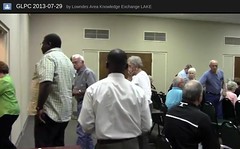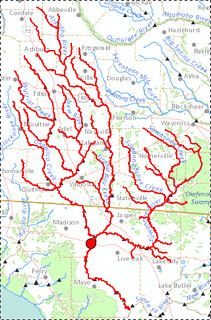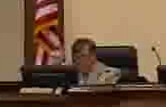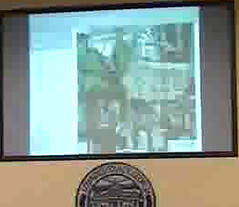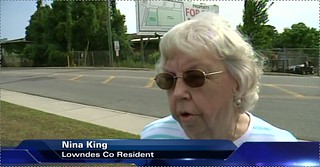Unlike Moody AFB’s last go at privatizing housing,
no mold or unpaid contractors this time,
or so we’re told.
But not so solid assurances that local contractors will be used.
And what if this new thing turns into something radically different
like Nelson Hill did only a short way up Val Del?
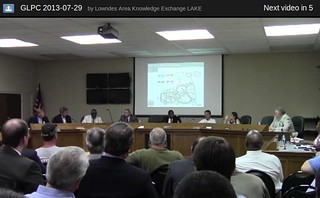
Speaking for
that proposed privatized Moody housing on Val Del Road,
Lawyer Tom Kurrie said this was “an opportunity for our community”.
He spelled out that the proposal was “90 homes for off-base houses,
for enlisted personnel, non-commissioned officers, and officers”,
with gates.
He went on about
Balfour Beatty‘s experience in building such housing,
and their option to build Phase II, although at the moment
they’re only requesting Phase I.
He said “the unfortunate issue that took place with the
prior development” would not occur with this one.
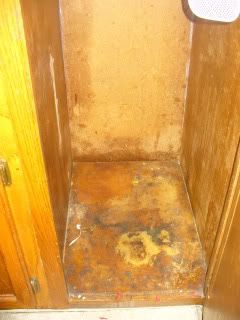 I can guess he’s referring to the mold issue,
Beth Mahoney detailed in Little Rock Military Families Examiner 6 April 2009.
I can guess he’s referring to the mold issue,
Beth Mahoney detailed in Little Rock Military Families Examiner 6 April 2009.
 Or since he lauded Balfour Beatty’s credit rating, maybe
he was referring to the
nonpayment of subcontractors,
as Kari L. Sands wrote for VDT, 4 March 2007,
Military housing woes:
Non-payment forces work on military housing project to stop.
Or since he lauded Balfour Beatty’s credit rating, maybe
he was referring to the
nonpayment of subcontractors,
as Kari L. Sands wrote for VDT, 4 March 2007,
Military housing woes:
Non-payment forces work on military housing project to stop.
Preferred Builders and Renovators, LLC., the Home Builders
Association of South Georgia and CMS/ Dumpster Co. are among those
affected. Subcontractors are alleging that Continue reading →

